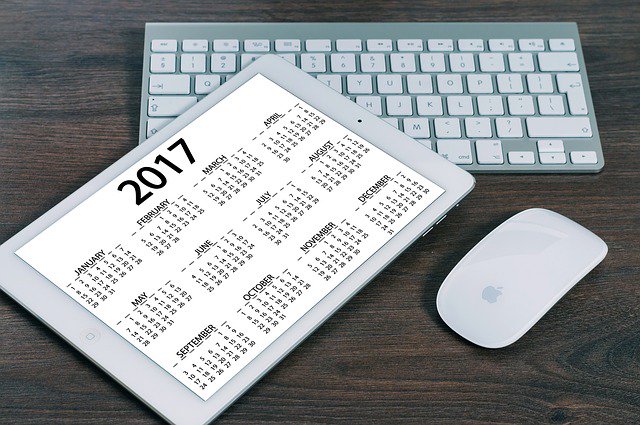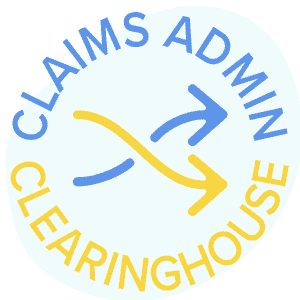New DWC Lien Rules Effective March 26, 2017

Since the passage of Senate Bill 1160 last fall, questions have swirled around the landmark piece of legislation’s new lien declaration requirements. This week, the Workers’ Compensation Appeals Board (WCAB), moved us closer to answers – the organization adopted the final Rules of Practice and Procedure to implement SB 1160, effective March 26, 2017.
The new rules mostly confirm what we already know. Below, we break down and analyze the new process by lien type.
New Liens
By far the biggest change wrought by SB 1160 is the requirement for lien claimants to file a new declaration affirming both that:
- Their lien is not a dispute subject to Independent Medical Review (IMR) or Independent Bill Review (IBR).[1]
- The claimant satisfies at least one of seven new lien claimant requirements listed in SB 1160. If more than one of the seven options apply, filers should choose the one that best describes the lien in question.
Section 8 of SB 1160, which amends Labor Code § 4903.05, also includes the following requirement (emphasis ours): “For liens filed on or after January 1, 2017, the lien shall also be accompanied by an original bill in addition to either the full statement or itemized voucher supporting the lien.”[2]
So lien claimants are now required to file two separate supporting documents:
- An “original bill,” the definition for which has been difficult to pin down.
- The full statement or itemized voucher to justify the lien and provide proof of service on the injured worker.
The precise definition of an “original bill” is perhaps the thorniest question facing new lien filers. The DWC offers some useful clarification here via their dedicated Frequently Asked Questions page (again, the emphasis is ours):
“The term “original bill” is found in newly amended Labor Code Section 4903.05 that became law on 1/1/17 under Senate Bill 1160. Under this new legislation all lien filers must file the “original bill” with their lien. Here are some suggestions to assist filers.
- The DWC Medical Billing and Payment Guide defines both ‘bill’ and ‘complete bill.’
- The filer may file a complete and original itemization of all charges and payments up to the filing of the lien. (Please note that DWC will accept copies of these documents.)
- All liens filed after 1/1/17 require the “original bill” be filed with the lien under Labor Code Section 4903.05. This includes lien filers who are not required to pay the filing fee.”
The second point is of particular note. Previously, the correct course of action for providers of medical-legal services, interpreters, and copy services remained unclear. Now we know that, for the purposes of lien declaration, an itemization of all prior charges constitutes an “original bill.”
The new lien declaration must be filed electronically, and is solely accessible to JET or e-filers through the filing system.
Existing Liens
Existing lien claimants who filed a lien between January 1, 2013, and January 1, 2017 – that is to say, liens subject to the filing fee under Labor Code § 4903.05 – must file the lien declaration retroactively affirming that they satisfy one or more of these seven new requirements. For existing lien claimants, this declaration is due on or before July 1st, 2017, and can be filed using the DWC’s new Supplemental Lien Form.
The WCAB approved this new form in January, and it is available to JET- and e-filers through the filing system. Even though the WCAB’s final Rules of Practice and Procedure don’t roll into effect until March 26th, existing lien holders who have already filed their supplemental form and declarations will not have to re-file.
Want to learn more about electronic billing for California workers’ comp? We’re hosting a webinar in May devoted to e-Billing, and we’ll share eye-popping data on compliance, time to payment, and more.
Request Demo
[1] This has always been the case. Even prior lien holders had to affirm that the dispute wasn’t subject to IMR or IBR.
[2] Full text of SB 1160 here.
DaisyBill provides content as an insightful service to its readers and clients. It does not offer legal advice and cannot guarantee the accuracy or suitability of its content for a particular purpose.


.gif)
.gif)
